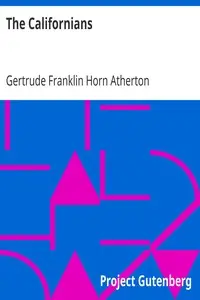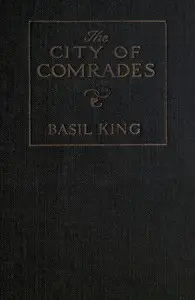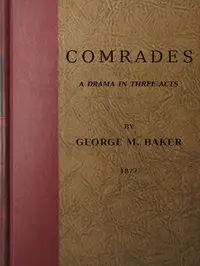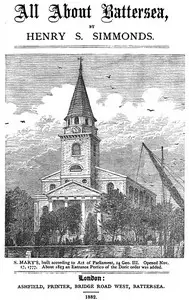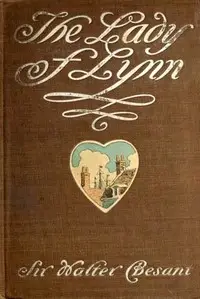"Comrades: A Story of Social Adventure in California" by Thomas Dixon Jr. is a tale set amidst the stormy social landscape of late 1890s California, where revolution and class struggles collide. Norman Worth, a rich man's son with socialist leanings, finds his beliefs put to the test by his patriotic father, Colonel Worth, while Barbara Bozenta, an inspiring advocate for social change, captures his attention. The heart of the story follows Norman's shifting values as he navigates the heated conflict between his father's traditional views and the captivating promise of social equality, all set against a vivid backdrop of societal transformation. The relationships between Norman, the energetic Elena Stockton, and the mysterious Barbara suggest that political and personal struggles will intertwine throughout the story as the novel progresses.
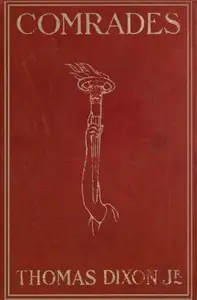
Comrades: A Story of Social Adventure in California
By Thomas Dixon
In a time of political crisis, a wealthy son must choose between his father's old-fashioned patriotism and the revolutionary ideals of a passionate woman.
Summary
About the AuthorThomas Frederick Dixon Jr. was an American Baptist minister, politician, lawyer, lecturer, writer, and filmmaker. Dixon wrote two best-selling novels, The Leopard's Spots: A Romance of the White Man's Burden—1865–1900 (1902) and The Clansman: A Historical Romance of the Ku Klux Klan (1905), that romanticized Southern white supremacy, endorsed the Lost Cause of the Confederacy, opposed equal rights for black people, and glorified the Ku Klux Klan as heroic vigilantes. Film director D. W. Griffith adapted The Clansman for the screen in The Birth of a Nation (1915). The film inspired the creators of the 20th-century rebirth of the Klan.
Thomas Frederick Dixon Jr. was an American Baptist minister, politician, lawyer, lecturer, writer, and filmmaker. Dixon wrote two best-selling novels, The Leopard's Spots: A Romance of the White Man's Burden—1865–1900 (1902) and The Clansman: A Historical Romance of the Ku Klux Klan (1905), that romanticized Southern white supremacy, endorsed the Lost Cause of the Confederacy, opposed equal rights for black people, and glorified the Ku Klux Klan as heroic vigilantes. Film director D. W. Griffith adapted The Clansman for the screen in The Birth of a Nation (1915). The film inspired the creators of the 20th-century rebirth of the Klan.



